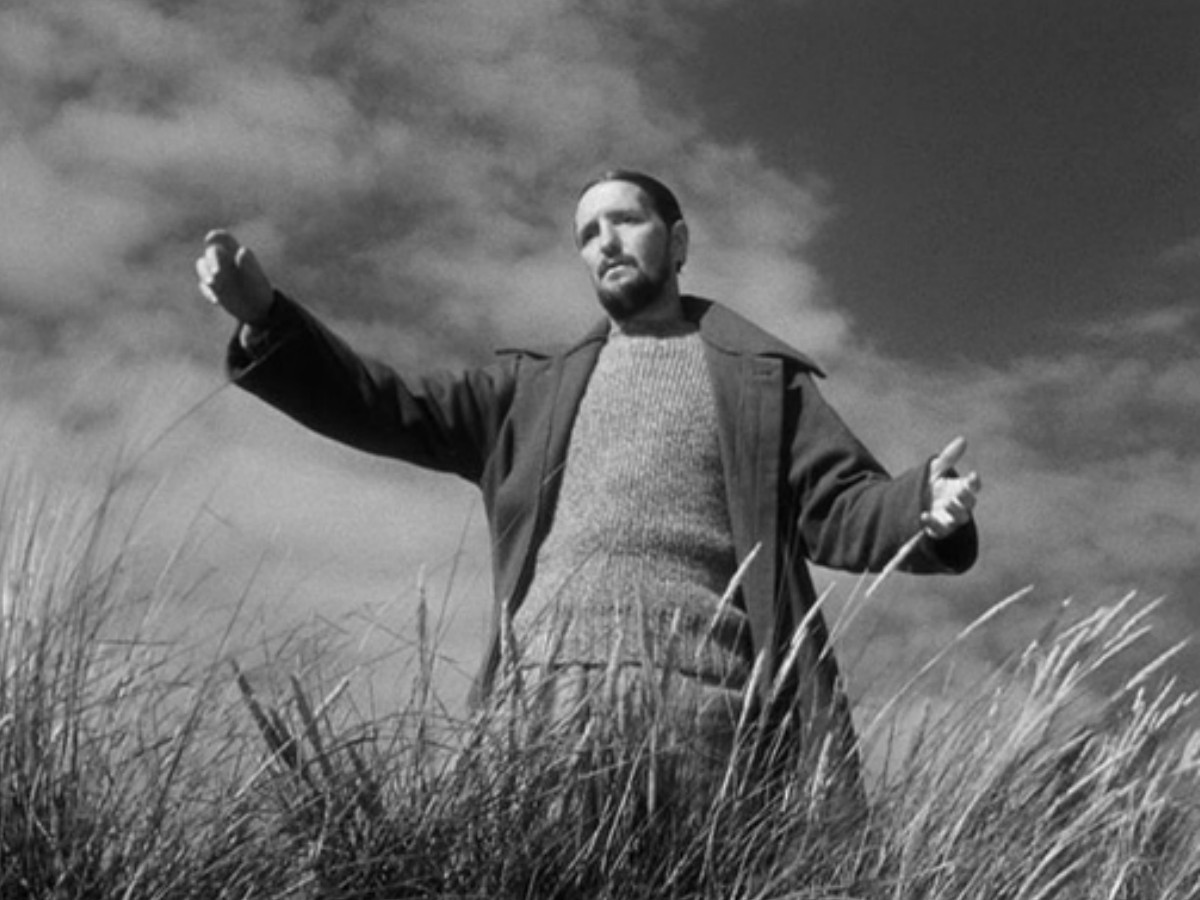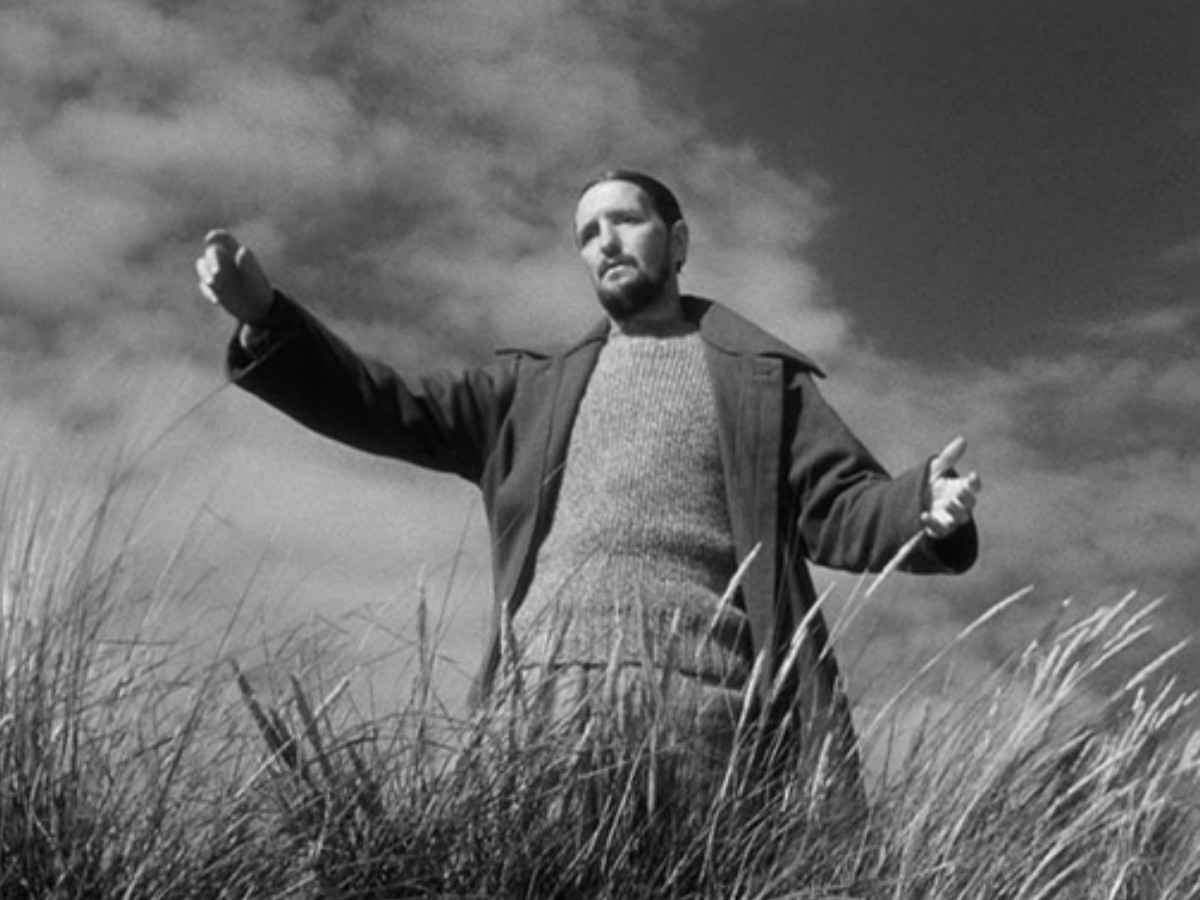

With the Academy Awards behind us, cinematic slump season is upon us.
Rather than review one of the B-reel releases specially reserved for the week after many who’s whos stop watching, let’s amble through the archives. In particular, it seems timely to take another look at some of the entries on the Vatican’s film list.
If this rings in your ear like the “list of prohibited books,” never fear: since the Index of Forbidden Books was dissolved in 1966, the Church has officially stepped back from the business of formally forbidding individual texts. In fact, although many of the faithful are still not aware of it, the Vatican has actually reversed its approach and positively recommended some movies.
To celebrate the centenary of the Lumière Brothers’ creation of the first motion picture, in 1995 a specially appointed pontifical commission published a selection of 45 “worthwhile productions,” organized according to three categories: religion, values, and art. As we observe the 125th anniversary of film (and the 25th anniversary of this list), many of the selections are still as vibrant as ever.
A quick Google search will readily turn up the complete list, popular classics on which include Ben-Hur (1959), It’s a Wonderful Life (1946), and The Wizard of Oz (1939).
Equally watchable and fresh-feeling entries in the religion category, for instance, are The Mission (1986), A Man for All Seasons (1966), and Babette’s Feast (1987). In values and art, Chariots of Fire (1981), On the Waterfront (1946), and The Leopard (1963).
Several additional titles also appear that are probably known today only among scholars and cinephiles. Like the obscure pieces slipped in among the crowd-pleasers in an orchestral season by a programmer who deems them “good for us,” many of these dustier entries might be considered less as “all-around excellent” than as the equivalent of cinematic medicine.
For example, consider Ordet (1955), whose flavour may be mortifying to contemporary tastes yet whose healthy effects might linger for life. A Danish-language feature set in a rural village of the 1920s, the story observes the effects of a succession of major life crises upon one family’s faith.
Amongst the elderly farmer Morten Borgen’s three sons still living at home, Mikkel has no faith and his wife, Inger, is pregnant with their third child. Johannes, who seems to have lost his wits after studying Kierkegaard at university, wanders the dunes around the family farm and preaches repentance as if he were Jesus Christ. The youngest son, Anders, hopes to marry the village tailor’s daughter but meets with refusal on account of long-standing confessional disagreements between the families.
The pacing is slow. The sentiments are homespun. The message is simple. And for all of these reasons, it makes for a challenging and nourishing watch. Like a window opened onto an older, simpler age, Ordet also offers a taste of a younger, simpler faith.
The film’s principal theological question – how to believe as a Christian in a time and place when God seems to have stopped working miracles – is as timely today as ever, and the film’s answer might surprise you.
Spoilers to one side, what can be said is that a truly childlike faith is probably a rarity in any age. While Ordet may not make for riveting watching overall, the mere spectacle of this kind of faith, even in fiction, can be unexpectedly encouraging.
(Originally published in The B.C. Catholic)
